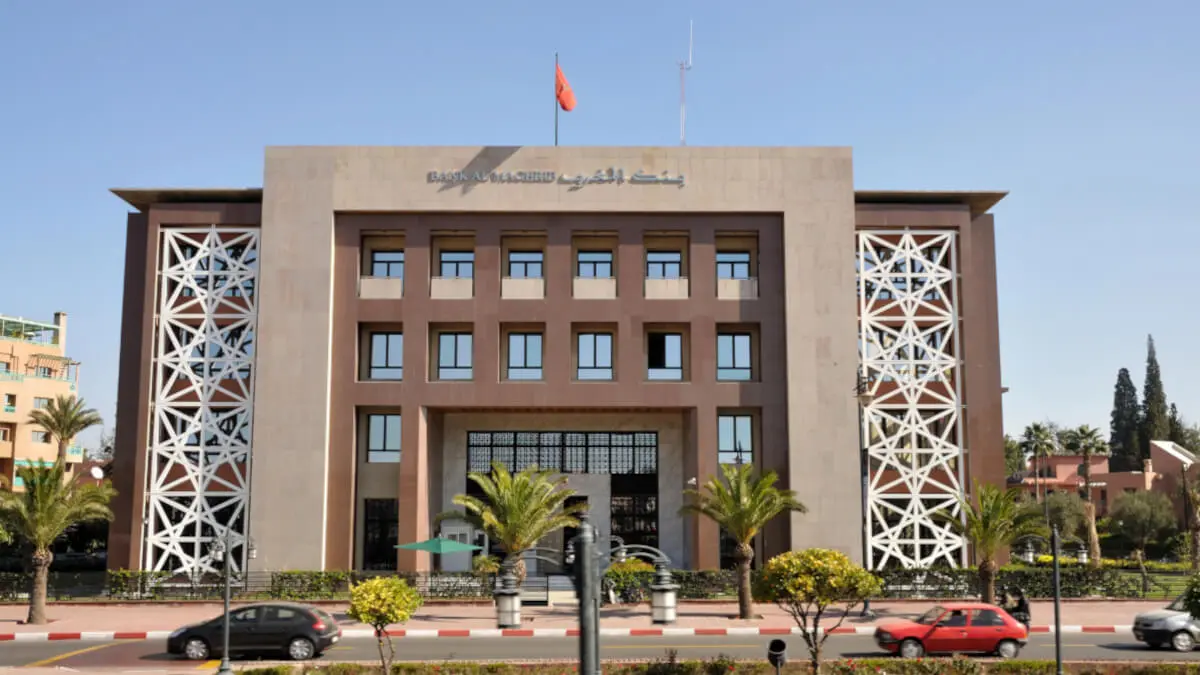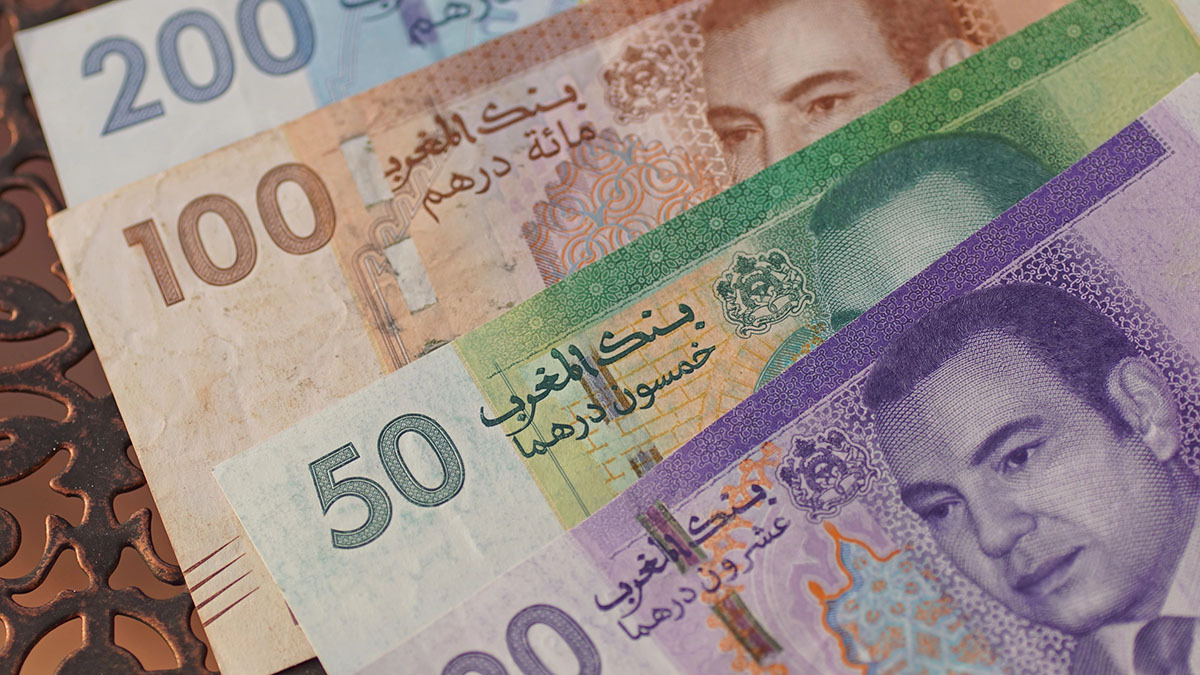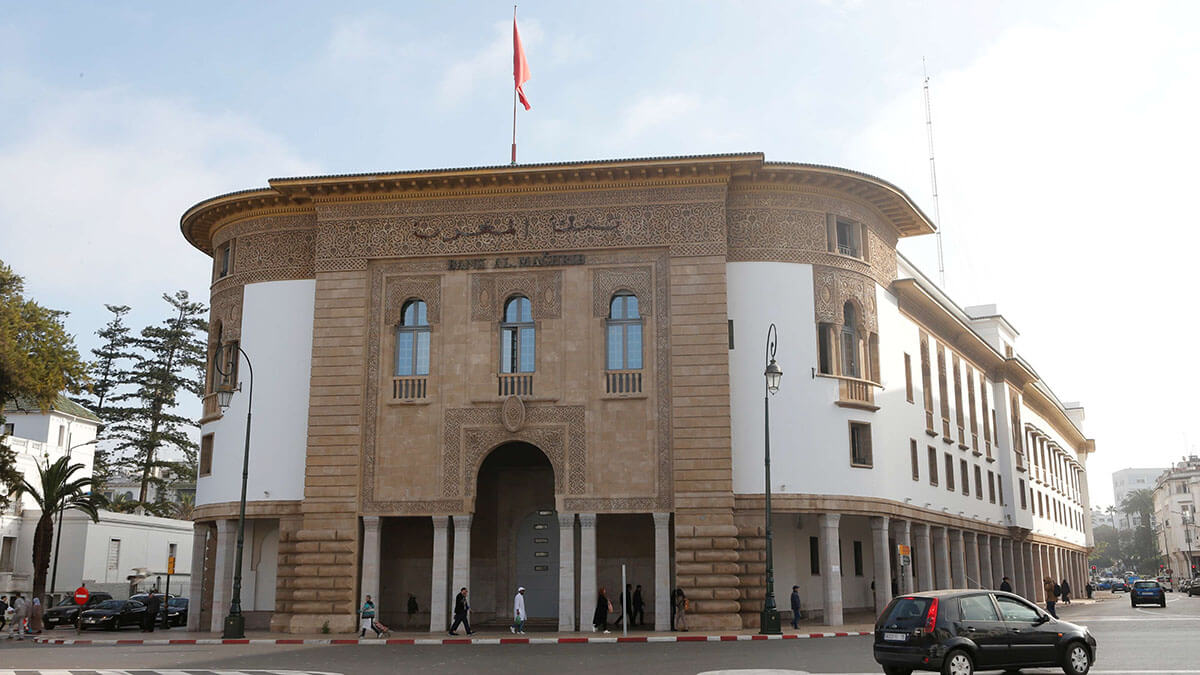Banque Al-Maghrib strengthens digital security with an essential guide to online banking protection

In a context where digital tools are becoming increasingly important in financial services, Banco Al-Maghrib (BAM), Morocco's central bank, has published a security guide for digital banking users. This initiative comes in response to the exponential growth in the use of online services such as balance inquiries, transfers, payments, and loan applications, all of which are now accessible from a computer or smartphone.
The document aims to raise awareness of the risks associated with the digital environment and encourage safe practices among users. With the rise of banking digitization, Moroccan banks, like their counterparts worldwide, have expanded their digital offerings to provide greater accessibility, convenience, and autonomy, especially to users residing in remote areas.
This initiative also promotes financial inclusion in order to address current challenges, as vulnerability to cybercrime requires customers to develop basic digital skills and adopt preventive habits.
BAM's guide places particular emphasis on the most common threats: fraudulent websites that mimic official banking platforms, phishing attempts via email or text messages, and fake calls from supposed financial advisors. These increasingly sophisticated practices aim to steal login credentials to gain control of bank accounts.
Seemingly harmless mistakes, such as clicking on suspicious links or connecting to unsecured public Wi-Fi networks, can have serious consequences. BAM therefore stresses the importance of adequately protecting login credentials, recommending the creation of strong passwords that combine letters, numbers, and symbols, as well as changing them regularly. It also insists on not sharing these passwords or storing them on vulnerable devices.

One of the lesser-known but equally important warnings concerns SIM cards. If stolen or duplicated, cybercriminals can exploit two-factor authentication systems to access accounts. The guide advises immediately blocking the card, both through the telecommunications provider and the bank, in case of suspected fraud.
In addition to these measures, BAM encourages the use of advanced authentication methods, such as facial recognition, fingerprint recognition, or codes generated by secure applications, which offer significantly greater protection than traditional passwords.

The bank stresses the importance of constant vigilance. In this regard, the guide highlights practical tips such as always checking web addresses, logging out after each transaction, and regularly monitoring account activity. In case of doubt about unexpected calls or messages, it is recommended to stop any action and contact the bank directly through official channels. It also reminds users that any pressure or promise of disproportionate benefits should be interpreted as a warning sign.
With this guide, Banco Al-Maghrib reaffirms its commitment to protecting users and strengthening security in an increasingly digitalized banking environment.










